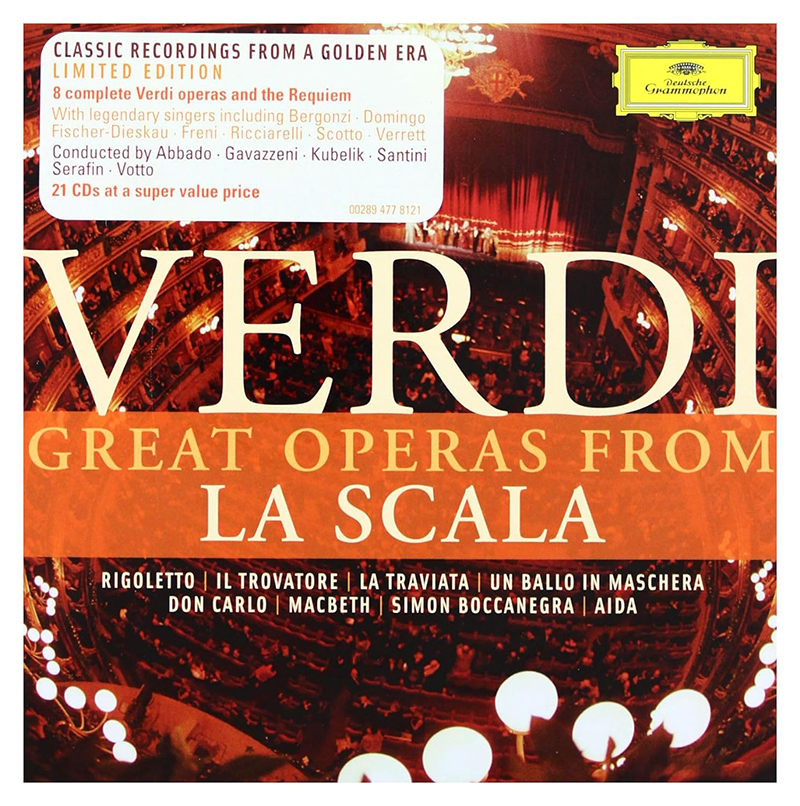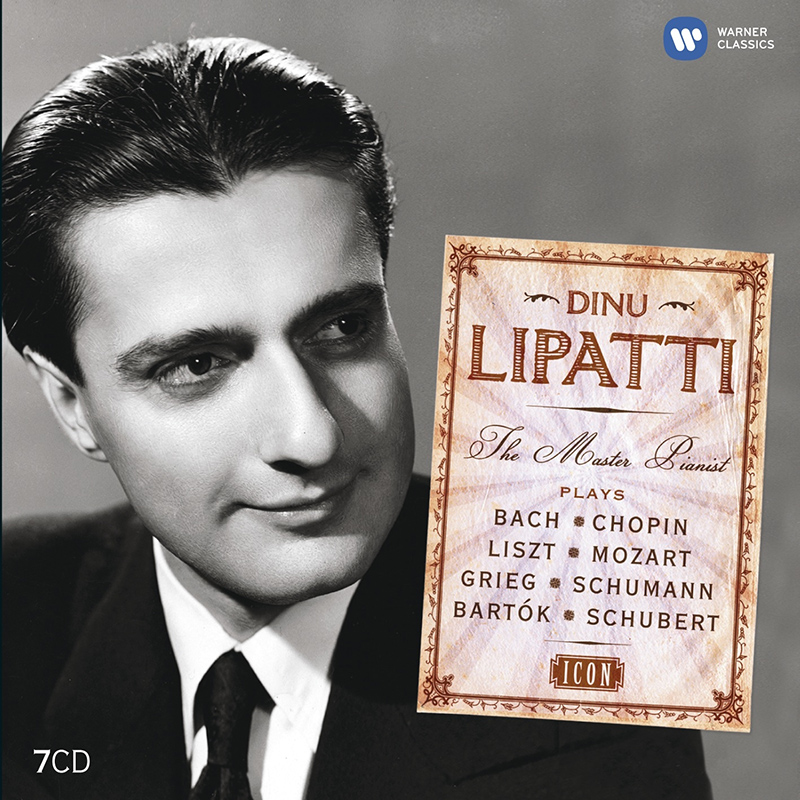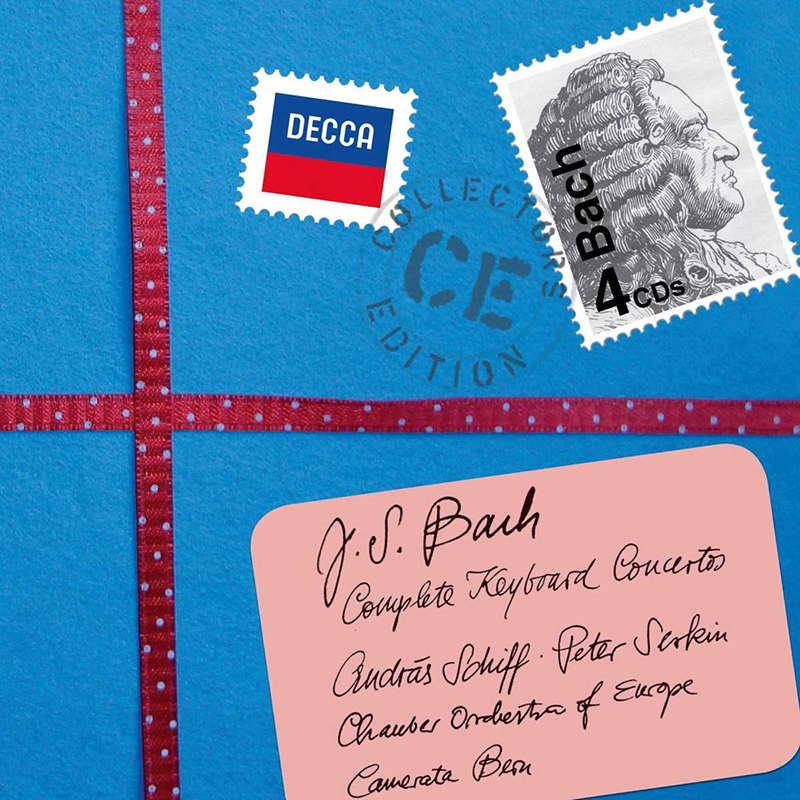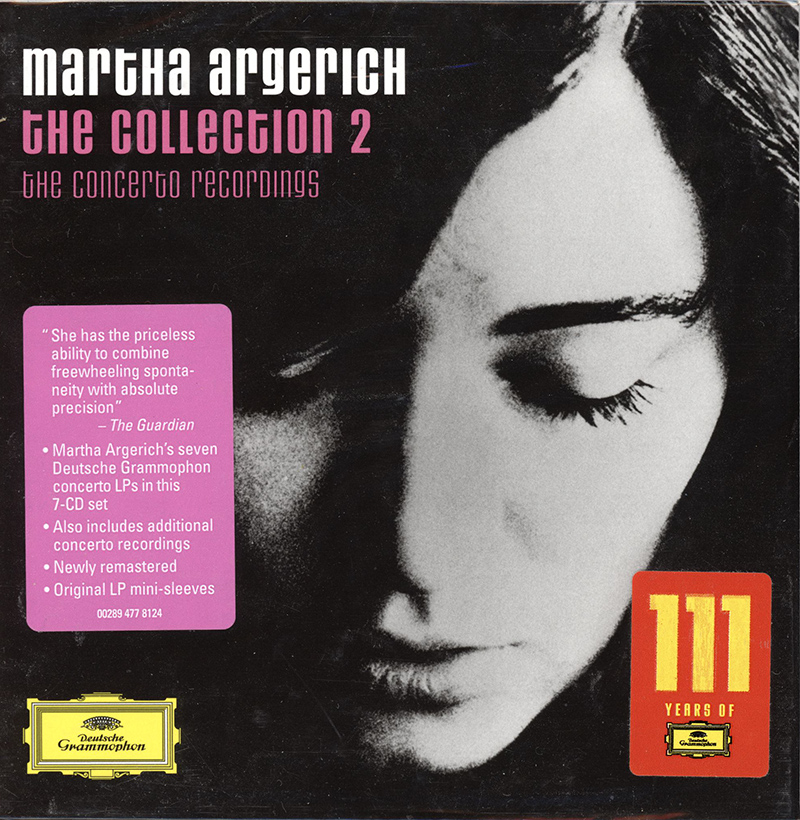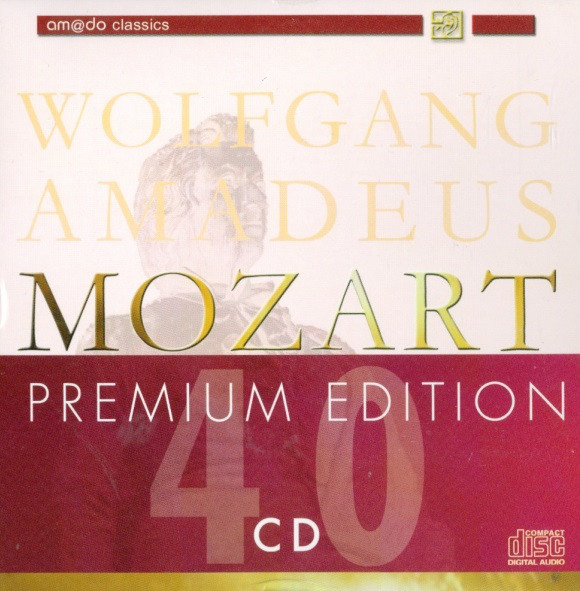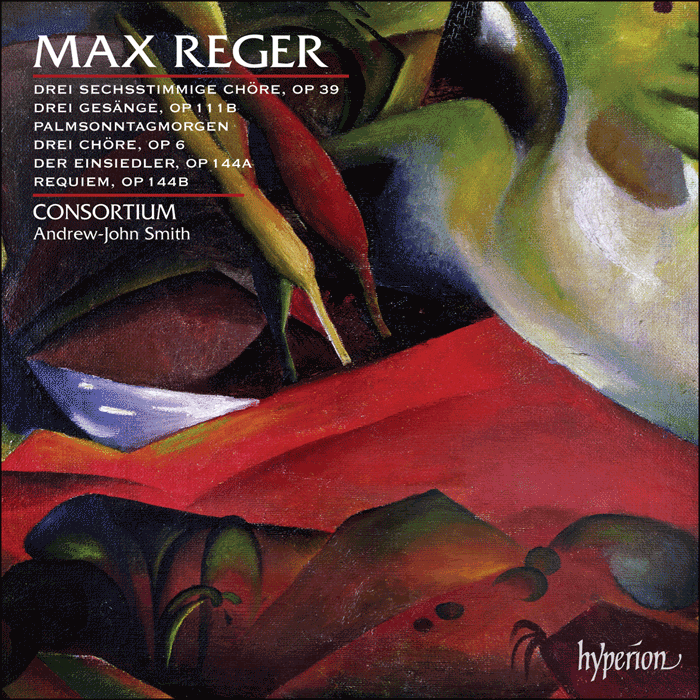Logowanie
KOLEKCJE!
BACH, CHOPIN, LISZT, MOZART, GRIEG, Dinu Lipatti, Otto Ackermann, Ernest Ansermet
The Master Pianist
PROKOFIEV, CHOPIN, TCHAIKOVSKY, SCHUMANN, BEETHOVEN, Martha Argerich, Claudio Abbado, Giuseppe Sinopoli
The Concerto Recordings
The Collection 2
Jakość LABORATORYJNA!
ORFF, Gundula Janowitz, Gerhard Stolze, Dietrich-Fischer Dieskau, Deutsche Oper Berlin, Eugen Jochum
Carmina Burana
ESOTERIC - NUMER JEDEN W ŚWIECIE AUDIOFILII I MELOMANÓW - SACD HYBR
Winylowy niezbędnik
ClearAudio
Essence MC
kumulacja zoptymalizowana: najlepsze z najważniejszych i najważniejsze z najlepszych cech przetworników Clearaudio
Direct-To-Disc
PIAZZOLLA, ChamberJam Europe
Tangos del Ángel y del Diablo
Direct-to-Disc ( D2D ) - Numbered Limited Edition
REGER, Consortinum, Andrew-John Smith
Choral Music
- 1 Der Einsiedler, Op 144a Komm, Trost der Welt, du stille Nacht! [11'41]
- with Alexander Learmonth (baritone), Christopher Glynn (piano)
- Drei Sechsstimmige Chöre, Op 39
- 2 No 1: Schweigen Nun um mich her die Schatten steigen [4'49]
- 3 No 2: Abendlied Leise geht der Tag zur Rüste [4'43]
- 4 No 3: Frühlingsblick Durch den Wald, den dunkeln, geht [4'01]
- Drei Chöre, Op 6
- 5 No 1: Trost Es ist kein Weh auf Erden [6'47]
- with Christopher Glynn (piano)
- 6 No 2: Zur Nacht Nun fallen die Augen müde mir zu [1'52]
- with Christopher Glynn (piano)
- 7 No 3: Abendlied Friedlicher Abend senkt sich aufs Gefild [4'25]
- with Christopher Glynn (piano)
- Drei Gesänge, Op 111b
- 8 No 1: Im Himmelreich ein Haus steht [2'08]
- 9 No 2: Abendgang im Lenz Selig durch die Fluren gehn [2'16]
- 10 No 3: Er ist's Frühling läßt sein blaues Band [3'13]
- 11 Palmsonntagmorgen Es fiel ein Tau vom Himmel himmlisch mild [5'35]
- 12 Requiem, Op 144b Seele, vergiss sie nicht [14'50]
- with Alice Gribbin (soprano), Christopher Glynn (piano)
- Consortinum
- Andrew-John Smith - organ
- REGER
A second disc from new chamber choir Consortium, who were acclaimed for their disc of Brahms’s secular partsongs. Although Reger’s music has partly recovered from its deeply unfashionable reputation, much of this prolific composer’s work still remains underperformed. This disc offers a chance to redress the balance, both by bringing to light an aspect of Reger’s output that has been relatively neglected, and by demonstrating that the important influences on him were not just musical but literary. Like his near contemporaries, Mahler, Strauss, Wolf and Zemlinsky, Reger responded deeply and imaginatively to the German Romantic poetic tradition. The works recorded here set many of the same poets (and even some of the same poems) that were popular among his colleagues, with a sensitivity and intuitive understanding that belie Reger’s reputation for stodgy academicism. Richard Stokes’s comment, that ‘Reger does not always lose out in comparison’ (when he and Strauss set the same texts as Lieder), could apply equally well to his choral music.

